Judge frustrated by Prince Harry’s failure to turn up as phone hacking case begins
The judge presiding over the UK case where Prince Harry is due to testify has appeared frustrated by the royal’s failure to show up on day one.
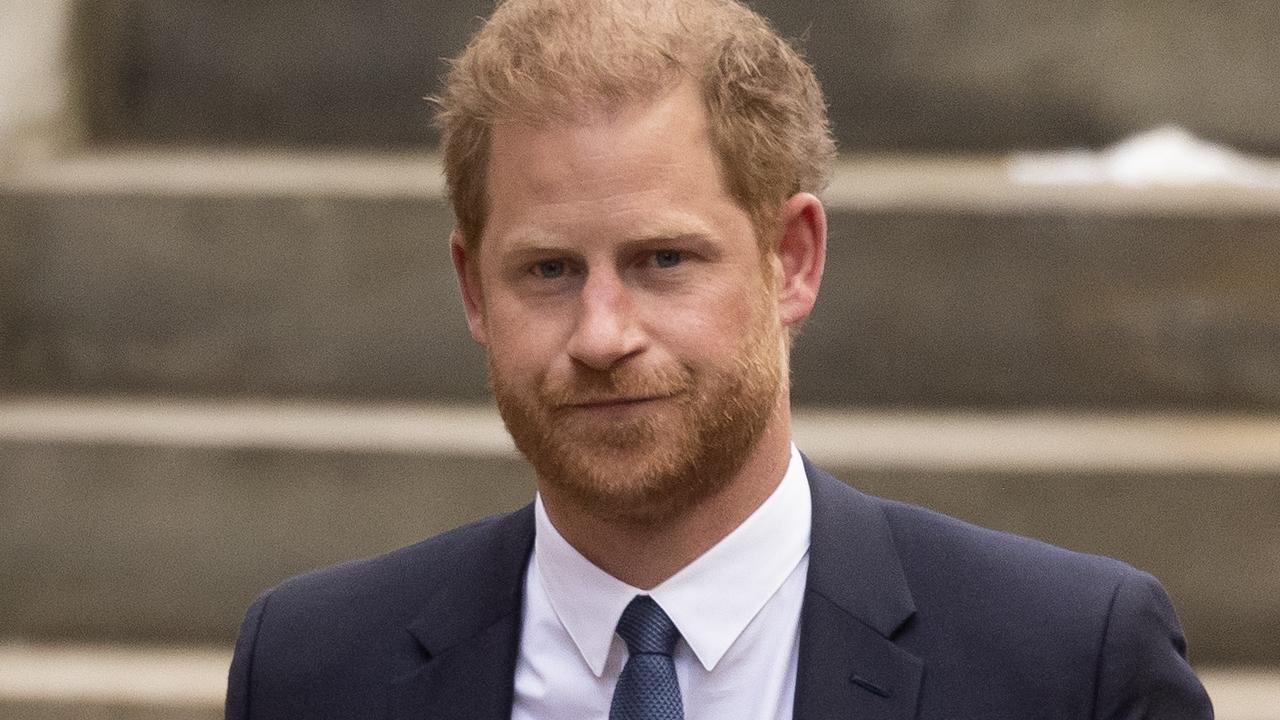
The judge presiding over the case in which Prince Harry is due to give evidence this week has been described as “visibly irritated” following his failure to show up on day one of proceedings.
Harry is expected to give evidence on Tuesday, local time, and will be the most senior member of the royal family to be cross-examined in court since the 1890s.
The Duke of Sussex, 38, is among multiple claimants suing Mirror Group Newspapers in Britain’s High Court. He accuses journalists from tabloid newspapers The Daily Mirror, The Sunday Mirror and The Sunday People of using illegal methods, including phone hacking, to obtain stories on him between 1996 and 2011.
There are more than 100 claimants in total, including singer Cheryl Cole, former footballer Ian Wright, actor Ricky Tomlinson and the estate of George Michael, though Harry is one of only four who will have their specific, “representative” claims heard.
The other three are Michael Turner and Nikki Sanderson, both actors, and Fiona Wightman, who is the ex-wife of comedian Paul Whitehouse.
Justice Fancourt said he was “a little surprised” not to find Harry in court for the beginning of proceedings on Monday.
Harry’s lawyer David Sherborne, said he had attended the birthday party of his daughter Lilibet in the United States on Sunday, and so had flown to London overnight. He argued Harry’s peculiar travel and security arrangements “obviously” put him in a “different category” to other witnesses.
The lawyer representing Mirror Group Newspapers, Andrew Green, said he was “deeply troubled” by Harry’s “extraordinary” absence, and argued the Duke was potentially “wasting” the court’s time.
Mr Green stressed that he had “quite a lot to get through” in his cross-examination of Harry and would require more than one full day.
“I have to cross-examine him on 33 articles,” said Mr Green, whose case will involve arguing that many of the articles cited by Harry were not actually sourced illegally.
“And that cannot be done in one day if I am to put to him even a small number of the public domain documents, and in many cases explain the sources of the information.”
According to journalists in the room, Justice Fancourt appeared to be frustrated by Harry’s absence, and expressed concern that he would not be ready to provide evidence on Monday if opening statements were to finish ahead of schedule. The Guardian’s media editor, Jim Waterson, described him as “visibly irritated”.
The judge said he had previously instructed witnesses to be ready and available the day before they were due to testify, in case things proceeded more swiftly than anticipated.
It comes after Harry blamed the unlawful gathering of information by British media for sabotaging his relationship with ex-girlfriend Chelsy Davy, in a sign of intent before he gives evidence in court.
Many of the media articles cited by Harry as examples of unlawfully gathered information cover the period of his relationship with Ms Davy, whom he met in 2004 and dated on and off until their final break-up at the end of the decade.
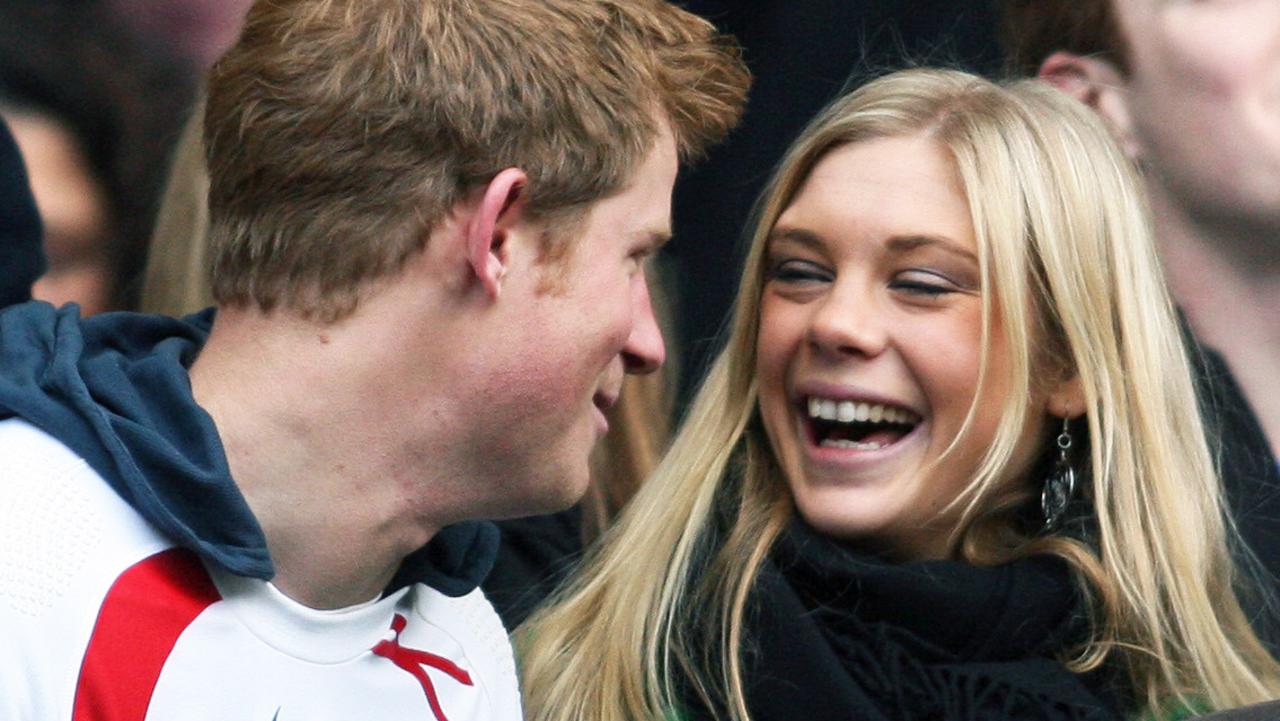
Addressing the court on Monday, local time, Harry’s lawyer argued a “constant stream of stories” about Harry and Ms Davy had made it practically impossible for them to sustain their romance.
Quoting from Harry’s witness statement, which has yet to be made public, Mr Sherborne noted “how little chance his relationship was given because of this”.
Presenting one of the articles in question, he asked the judge presiding over the case, Justice Timothy Fancourt, to note “how young Prince Harry looks”.
“He is little more than a child, as was Ms Davy at the time,” said Mr Sherborne.
“As he explains, it was as if they never felt they were on their own, which placed a huge amount of strain on their relationship, and ultimately led Ms Davy to decide a royal life was not for her.
“It also caused their circle of friends to become smaller and smaller, meaning that relationships were lost entirely unnecessarily.
“Who could (begrudge) him for being protective, as he grew up, for future relationships?”
Mr Sherborne argued the reporting on Harry’s relationship with Ms Davy bore the “telltale” signs of unlawfully gathered information.
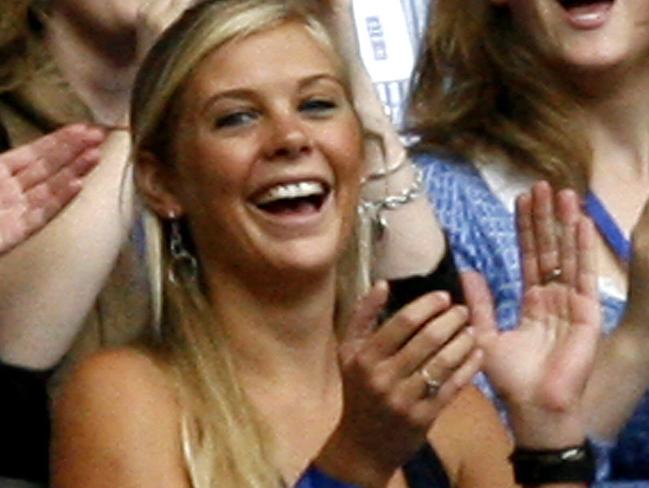
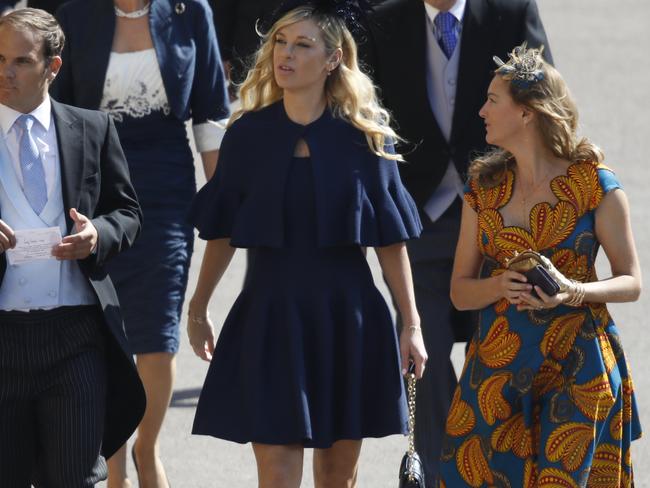
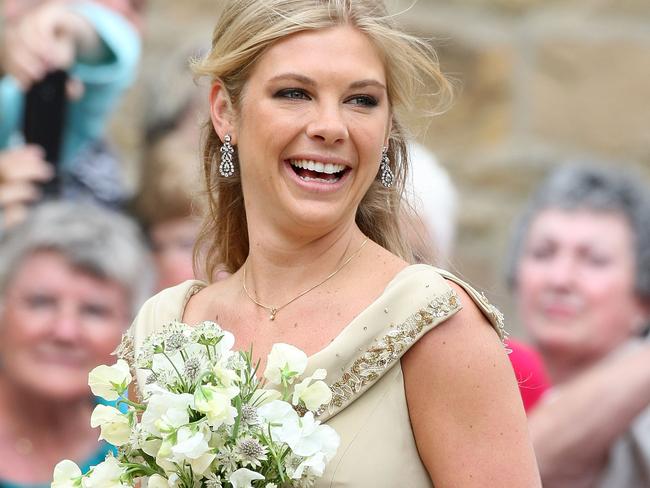
Lawyer lays out Harry’s case
In his opening statement, Mr Sherborne presented some examples from the 33 stories underpinning Harry’s claim against the newspapers, arguing it was obvious that “stories about Prince Harry’s private life drove sales” for them.
“Articles were the ends. That’s what this is all about. These are the ends, we say, that justified the means for the defendant,” he said.
“At no time of his life was safe from these activities and the impact they caused.
“Nothing was sacrosanct or out of bounds, and there was no protection from these unlawful information gathering methods.”
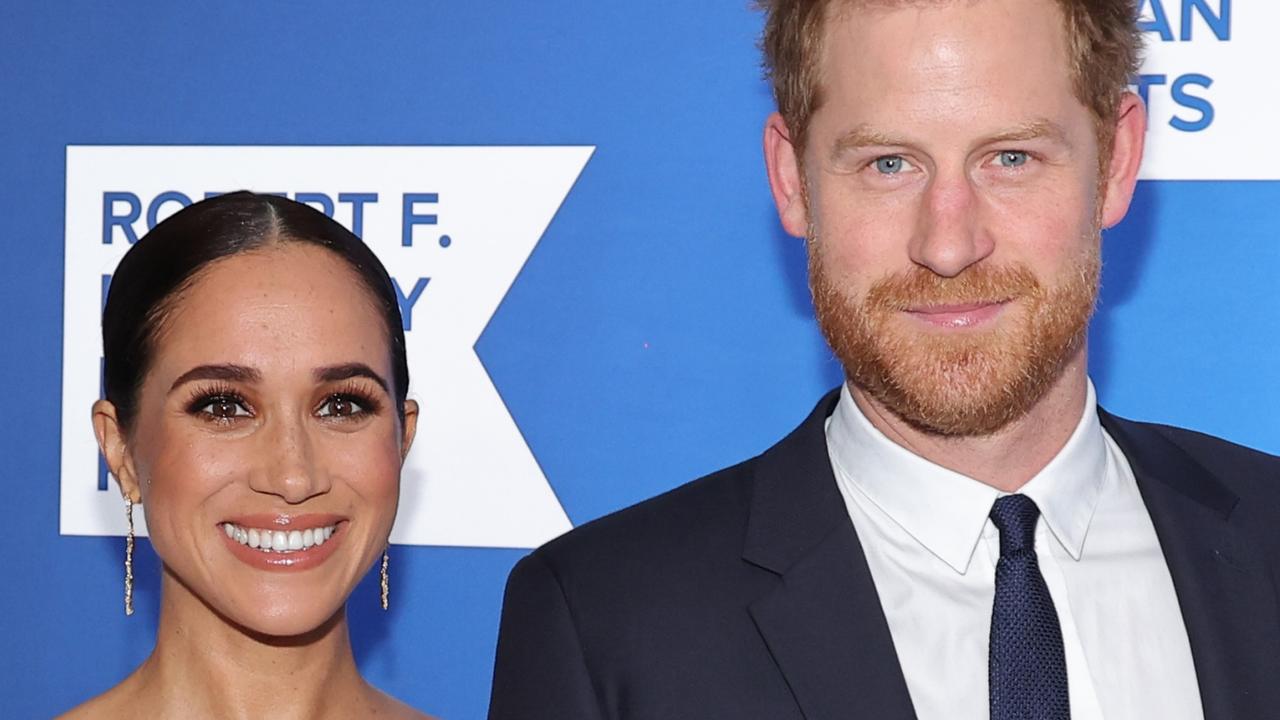
He accused MGN of using at least 30 private investigators to get information about Harry.
MGN has admitted to just one instance of having instructed a private investigator to gather information about Harry unlawfully. Mr Sherborne argued that version of events was “plainly implausible”, given how lucrative stories about Harry could be, and the years-long period in question, during which MGN papers were involved in “widespread” illegal activity.
He said that, as the journalists who wrote the articles were not set to appear in court to explain their process, Justice Fancourt should conclude it “is more likely than not” that the information was obtained illegally.
The judge pushed back somewhat, asking whether that should really be the assumption if the same information had appeared in a different newspaper the previous day. MGN argues many of the articles were simply “rewrites” of other newspapers’ work.
“The evidence is that journalists would be expected to find some new angle or to further the story,” Mr Sherborne said.
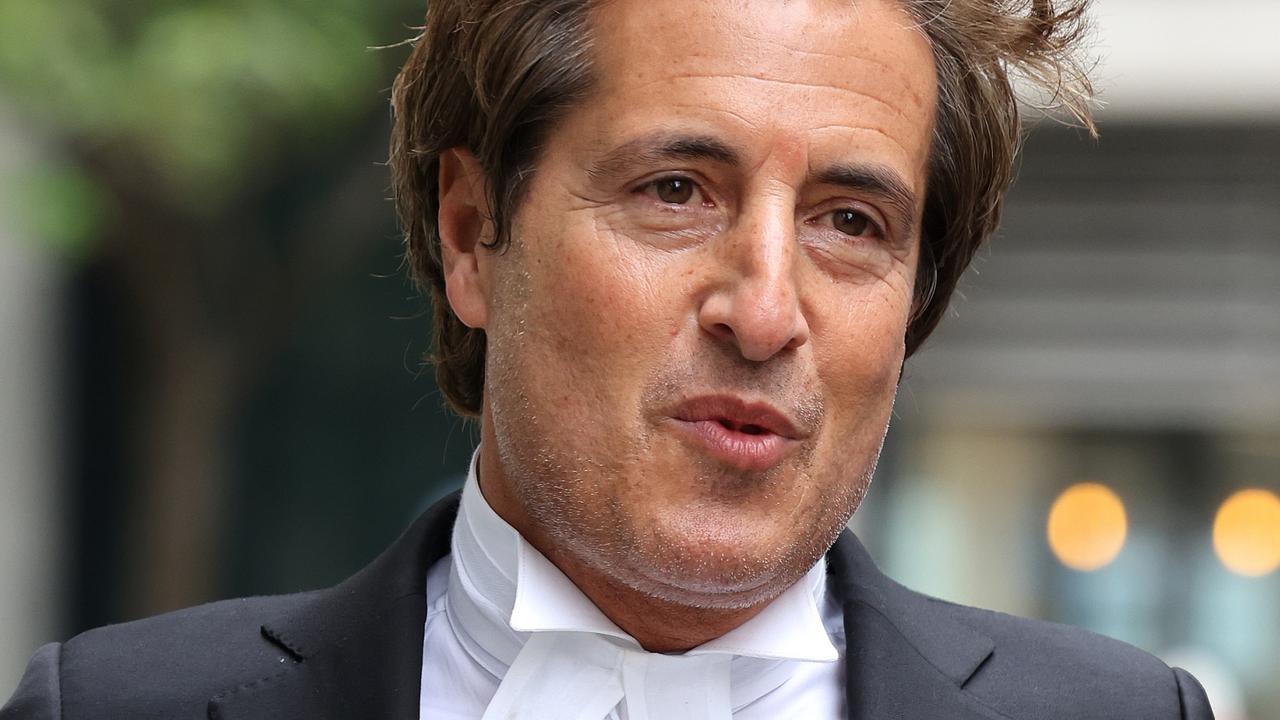
He said the contact details of people around Harry, such as his friends, had been found in the PalmPilots (precursors to modern day tablets) of journalists identified, in previous court cases, as having engaged in unlawful activity.
Mr Sherborne argued that, as the journalists in question had engaged in such activity for other stories, it was logical to assume they did so when it came to Harry as well.
“It is the use of these methods by a national newspaper group that has brought him here, not a wider vendetta against the press,” said Mr Sherborne.
“By bringing this claim, he has been able to focus the attention that comes with his position on these activities, and they have been carried out not just by journalists, but they have been concealed by senior members of the board and the legal department.
“The impact this has had on him and others is something he describes graphically in his witness statement.”
‘Zilch, zero, nil’: Media group’s defence
In response, Mr Green said there was no evidence that Harry’s phone had ever been hacked, and said no person who has ever admitted to hacking phones has identified him as one of the victims.
“Zilch, zero, nil, de nada, niente, nothing,” he said.
He reeled off a list of journalists who had admitted to unlawful conduct while saying nothing of Harry being targeted.
MGN’s opening arguments will continue tomorrow.
Read related topics:Prince Harry





